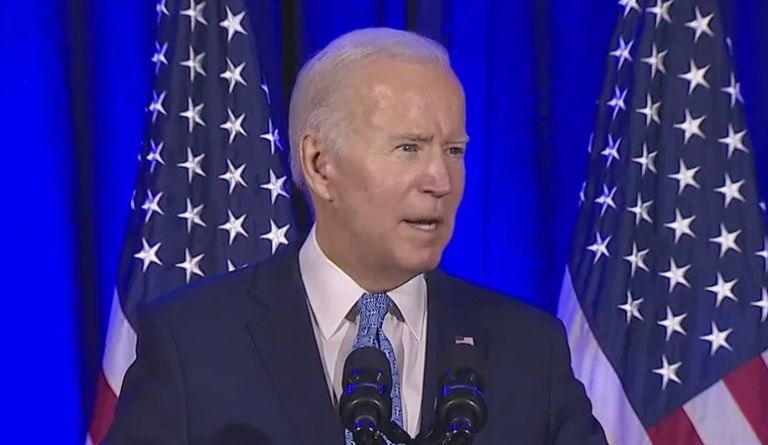Margot Cleveland of the Federalist highlights an important court case in the Lone Star State.
Joe Biden’s signing of the Consolidated Appropriations Act of 2023 may, in effect, be null and void by day’s end if a federal judge in Lubbock, Texas, agrees with the state’s attorney general that the $1.7 trillion spending bill was never validly enacted because the House of Representatives lacked a constitutionally mandated quorum.
The bench trial in this hugely important case, State of Texas v. Dept. of Justice, begins … before district court Judge James Hendrix — a Trump appointee who was first nominated by Barack Obama. …
… On Feb. 15, 2023, Texas Attorney General Ken Paxton filed suit in State of Texas v. Dept. of Justice, challenging the constitutionality of the Consolidated Appropriations Act of 2023. As Paxton’s lawsuit explained, the omnibus spending bill originated in the House of Representatives as Resolution 2617. After the lower chamber passed H.R. 2617 in September 2021, the bill went to the Senate, which passed a different version of the bill in November 2022.
Because the spending bills differed, Congress needed to reconcile them, with each body then required to pass the amended version. On Dec. 22, 2022, the Senate approved the House’s amendments to the bill, with the House meeting the next day to consider the Senate’s changes. …
… In his lawsuit, Paxton argued that because the House proxy rule violates the quorum clause of the Constitution, which Texas maintains requires a member’s physical presence, the Consolidated Appropriations Act never became law. …
… From an originalist perspective, which looks at the text, structure, and original understanding of the Constitution, Texas’ quorum clause argument is correct.
It would make little sense for the Constitution to expressly say that if a quorum were lacking, the House was “authorized to compel the Attendance of absent Members,” if proxy voting were allowed.


